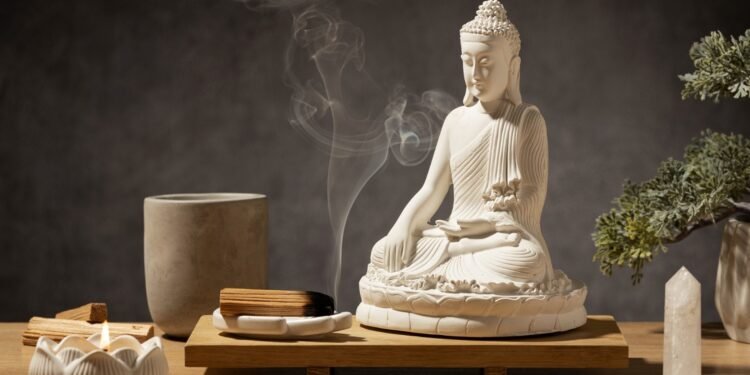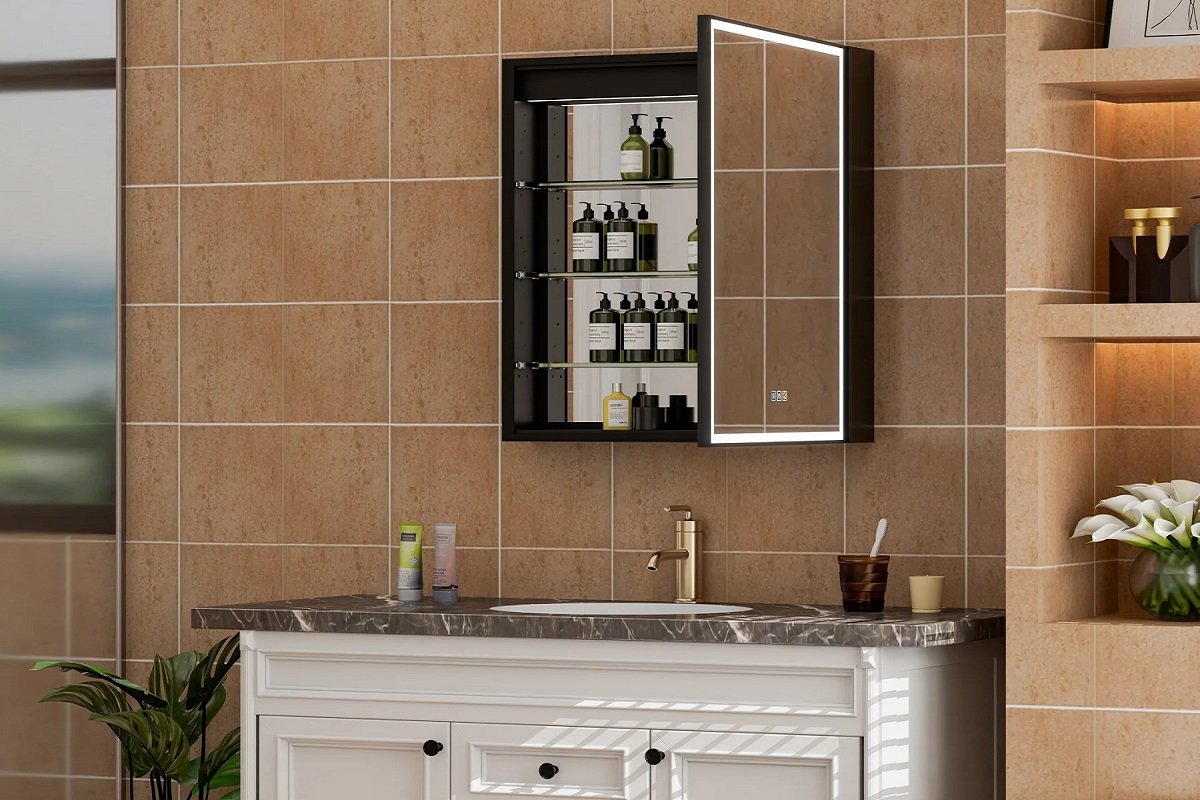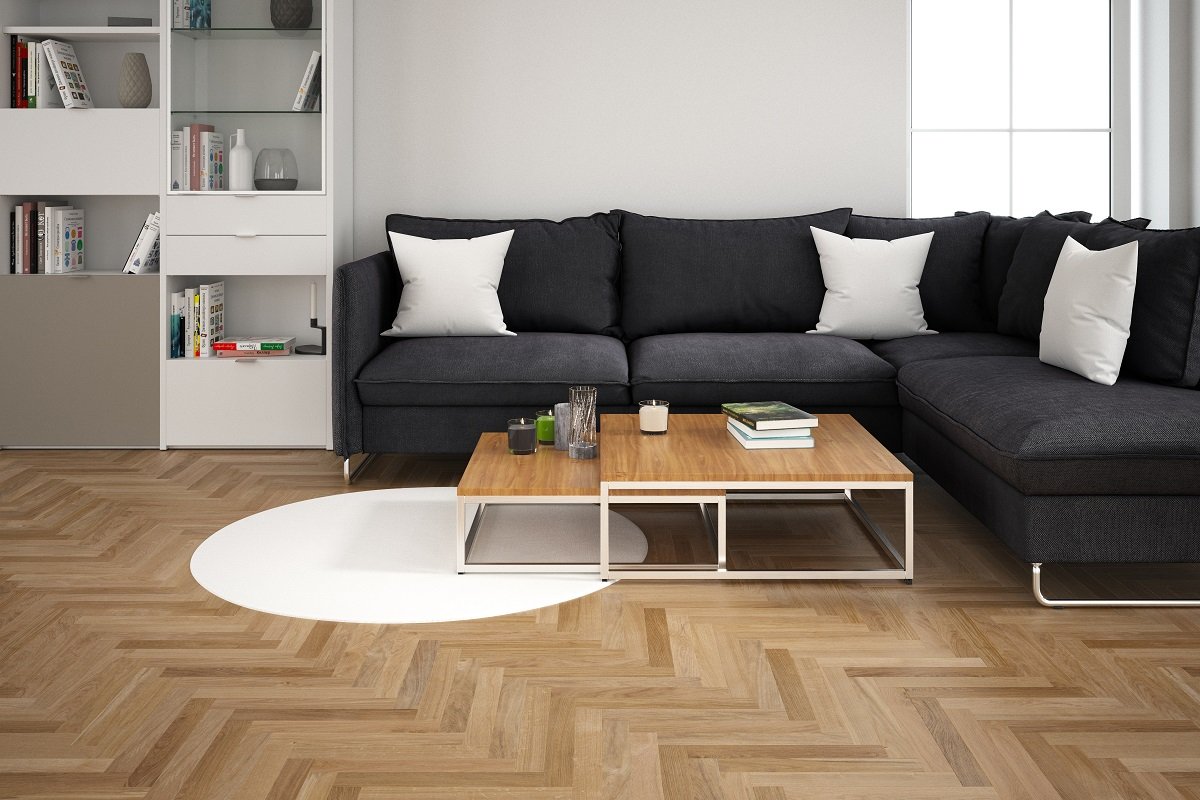Find out how the ancient art of Feng Shui can be used in current life. Holistic methods can help you balance the energy in your home and make it more peaceful.
There is a lot of new technology and stylish furniture in this modern home that you walk into. Still, there’s something off about the energy in the room, despite how it looks. It seems to be stuck, crowded, and not quite right.
This kind of thing happens all the time in many modern homes. With all the activity in our daily lives, it’s easy for our homes to fill up with bad energy that makes us feel bad all around.
This is where holistic Feng Shui comes in. This is a practice that stresses how important it is to keep the energy in our homes balanced, going beyond just moving furniture around and painting.
Understanding Holistic Feng Shui
Feng Shui is an old Chinese practice that is more than just putting things in the right place or decorating a room.
Harmonizing people with their environments to improve their mental health and overall well-being is a whole-person method. Holistic Feng Shui looks deeply into how spaces, energy flows, and people’s minds are all linked.
How Holistic Feng Shui Balances Energy in Modern Homes
Holistic Feng Shui looks at a space’s physical, mental, and spiritual parts to make it a harmonious place that encourages health, happiness, and wealth. When putting complete feng shui into your modern home, some important things to keep in mind are:

1. Clutter Clearing:
Getting rid of things that don’t serve a purpose is one of the first things you can do to level out the energy in your home. Clutter can stop the flow of good energy and make parts of your home feel empty.
Getting rid of the mess can make the space feel more open and welcoming, which lets the energy run freely.
2. Color Therapy:
When it comes to balancing energy in a room, color is very important. Every color has its own energy that can change our mood and health. Using the right colors in your home can help make it feel more balanced and peaceful.
For instance, warm tones like orange and red can make you feel more energized and creative, while cool tones like blue and green can help you rest and find peace.
3. Furniture Placement:
How your furniture is set up can have a big effect on how energy flows through your home. If you follow the rules of Feng Shui, you can make a plan that brings balance and good energy.
For instance, putting your bed in a commanding position so that it faces the door can help you feel more at ease and in charge.
4. Nature Elements:
Bringing nature into your home can help keep the energy in check and make it feel calm. Natural materials like wood, stone, plants, and water features can help you connect with the earth’s energy and make your place feel peaceful.
You can make your modern home a place that supports balance, harmony, and good energy by incorporating these key points. It’s not enough to just decorate with holistic Feng Shui; you need to make your home a place that supports your health as a whole.
Holistic Benefits of Feng Shui for Mental Health and Well-Being
Learn about how Feng Shui can help your mental health. You will find out useful tips on how to make your home a peaceful and calm place.

The Influence of Environment on Mental Health
People and things around us have a big effect on how we feel. Everything about our houses, from how they are set up to the things that are in them, can affect our mental health. Holistic Feng Shui understands this complex connection and gives us ways to make our surroundings better for good energy flow.
Creating Harmonious Spaces
Holistic Feng Shui focuses on making spaces that are peaceful and help people keep their minds and emotions in order. By looking closely at the plan and design of a space, they can find places where things aren’t balanced and fix them so that everything is in balance again. This can be done by moving furniture around, adding natural elements, or using certain methods to improve energy flow.
Balancing Energy Flow
The idea of chi, or life force energy, which runs through all living things and spaces, is at the heart of holistic feng shui. If your chi is stopped or stuck, it can make you feel anxious, stressed, and unhappy. Feng Shui practitioners try to improve the flow of chi and mental health by doing things like getting rid of mess, making rooms more efficient, and adding natural elements.
Enhancing Mental Clarity
A crowded space can make it hard to concentrate and think clearly, which can make you mentally tired. Holistic Feng Shui stresses how important it is to clear out places to help you think clearly and stay organized. People can make spaces that help them think clearly and get things done by getting rid of things they don’t need and carefully organizing their things.
Promoting Relaxation and Stress Reduction
Stress is a normal part of life for many people in today’s fast-paced world. Holistic Feng Shui gives us tools and methods to make our homes less stressful and more relaxing. Practitioners create spaces that are good for relieving stress and recharging the mind by using things like soft lighting, peaceful colors, and textures.
Cultivating Positive Vibes
Positive energy spreads easily, and the goal of holistic feng shui is to create a positive mood in our homes and places of work. We can feel good about ourselves and boost our spirits by putting up uplifting signs, inspiring art, and important items around us. This kind of positive setting can really change our mental health and quality of life as a whole.
Conclusion
Holistic Feng Shui tries to improve mental health and well-being by making people and their surroundings more harmonious. By making places that are peaceful, balancing the flow of energy, and encouraging relaxation, practitioners can help people think more clearly, feel less stressed, and spread good vibes.
We can make spaces in our lives that are good for our mental and emotional health by following these rules. Don’t believe me? Try it for yourself and see how it can make your home a place of peace and plenty.
For more information about Holistic Feng Shui, follow us on Facebook and Twitter.




















